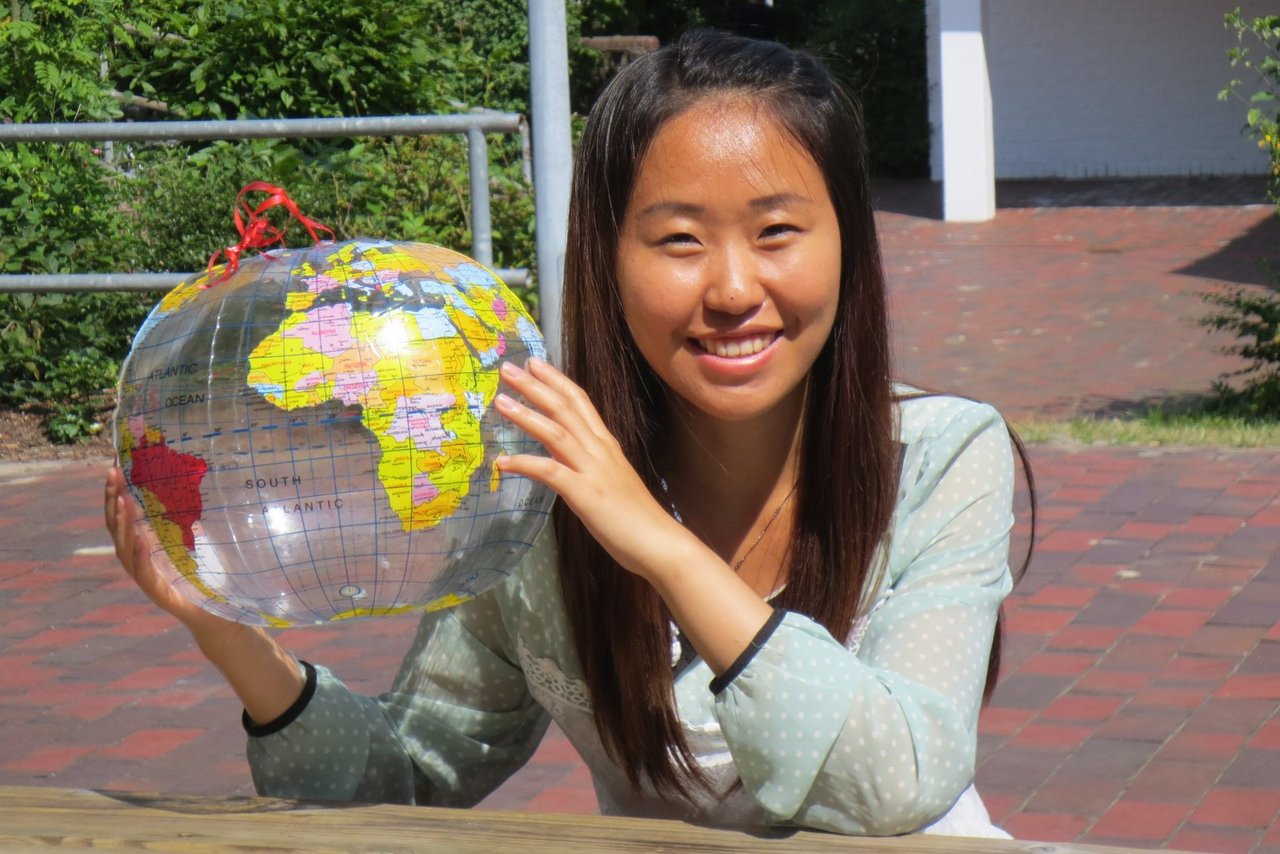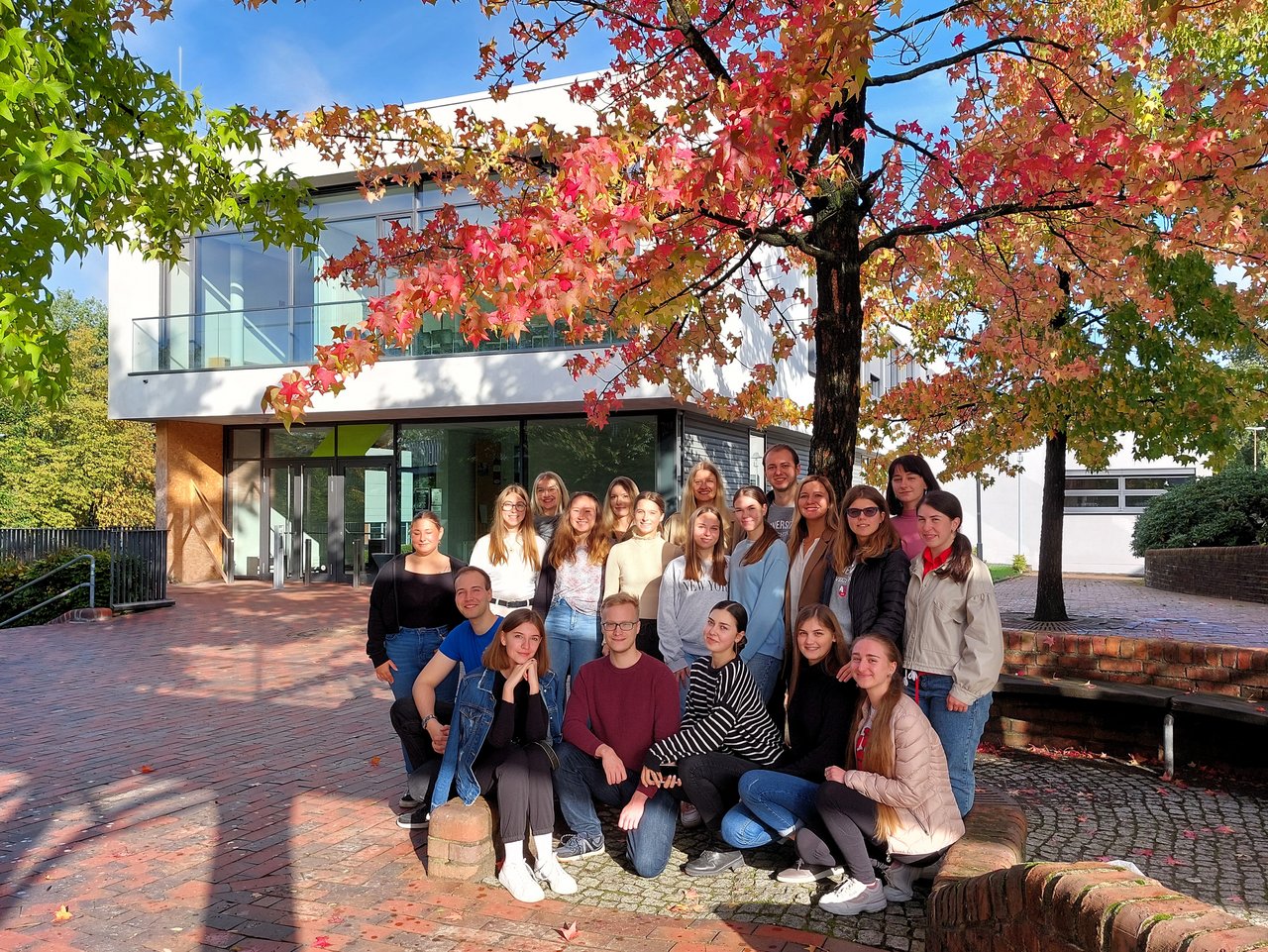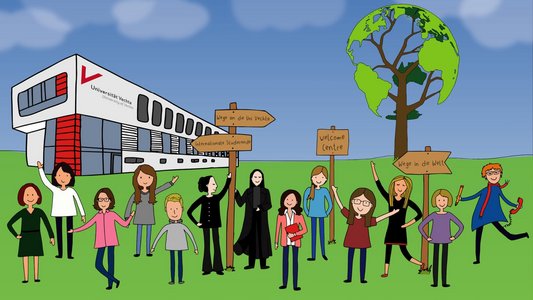Cultural studies explores the social, material, narrative and symbolic dimensions of cultures with their everyday practices and lifestyles, ways of thinking and acting, values, forms of knowledge and symbol systems. The Master's programme focuses on and critically reflects the development of cultural processes, social inequality and gender differences, cultural identity and alterity as well as cultural memory.
After an introductory phase, individual specialisations are choosen. Possible topics include globalisation and regionalisation, discourses and representations of cultural change, cultures of remembrance, digital cultural studies and cultural archives.
A unique feature of the Master's programme is the integration of Digital Humanities into the degree programme. This strengthens both content-related and methodological skills. With specific cultural studies approaches, the focus is not only on concrete computational methods and their practical application, but also on the genesis of digital data, for example in archives and museums as well as from the digitally permeated present. The multimodal spectrum of sources is dealt with, together with the associated standards of indexing and methods of analysis. No prior technical knowledge is necessary.
The Master's programme in Cultural Studies is interdisciplinary and transdisciplinary, with lecturers from the fields of English Studies, Digital Humanities, Empirical Cultural Studies, German Studies, History, Catholic Theology, Philosophy, Political Science and Sociology. The degree programme is also particularly attractive due to an integrated practical phase, which can also be completed abroad and can be designed to be application-oriented or research-oriented.
With a degree in Cultural Studies, you have a wide range of career prospects:
- Media and public relations
- Museums and archives
- Cultural and tourism facilities
- Non-governmental organisations, foundations and non-profit associations
- Science and scientific counselling




